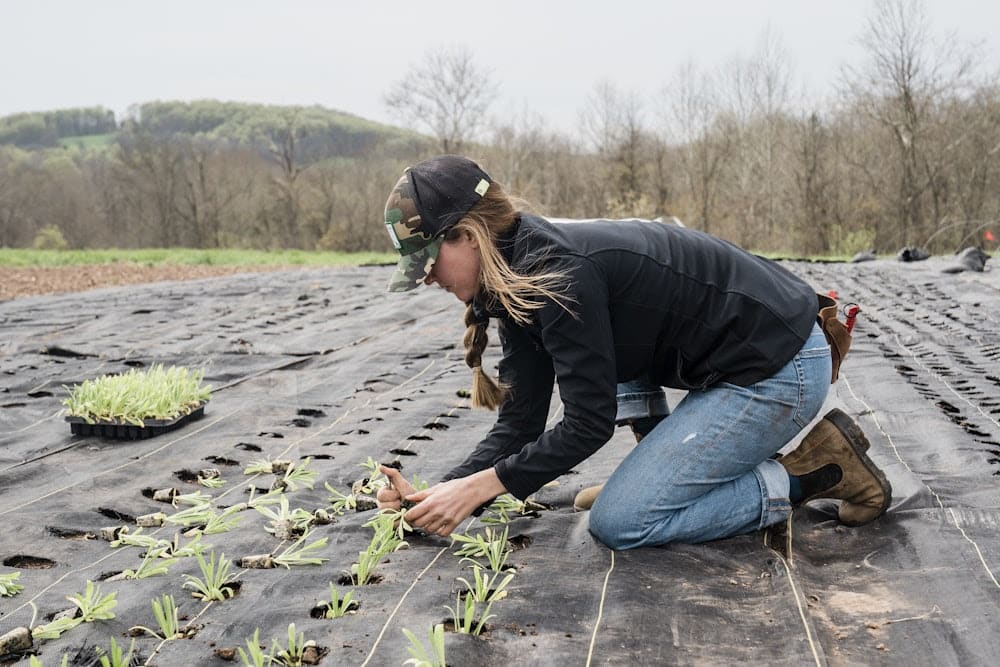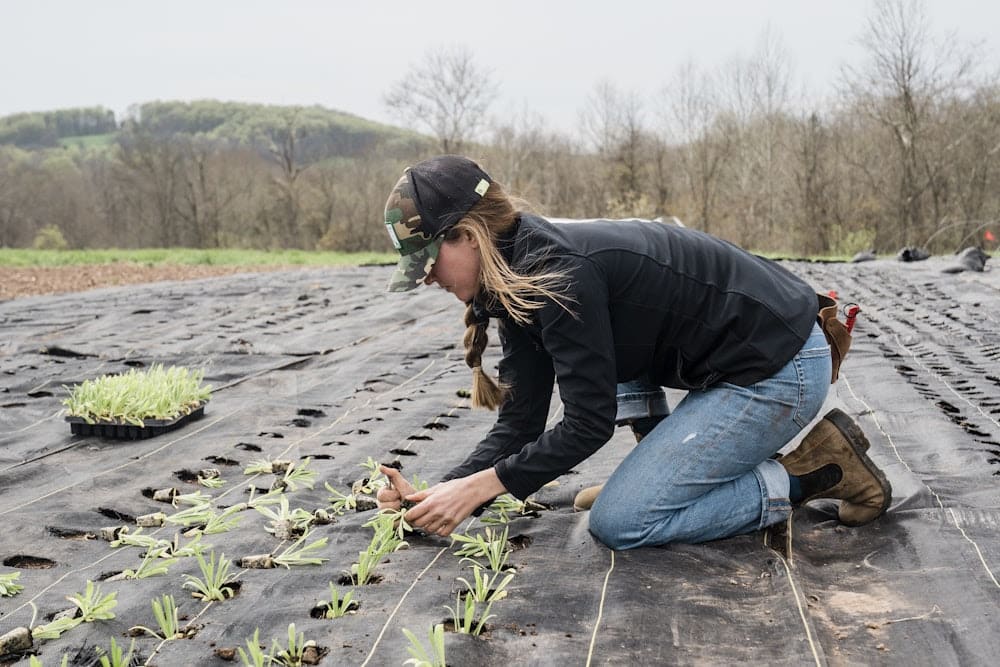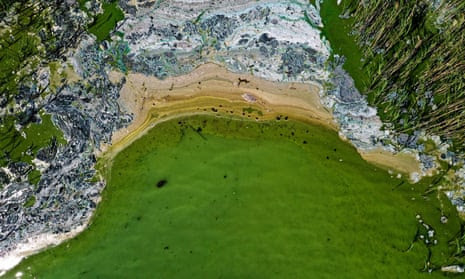
The choice between a cheaper conventional product and an organic one can have an impact on both the future of our food and the planet. With inflation caused in part by the conflict in Ukraine, the budgetary trade-off for many consumers is shifting to conventional products at the expense of the more expensive organic products.
The general manager of Kaoka Guy Deberdt, a company based in Carpentras in the south of France, uses the example of buying his brand’s organic cocoa and reminds us that by choosing conventional chocolate, we run the risk of encouraging the use of pesticides since we ignore the conditions of cocoa cultivation, which can be potentially destructive of biodiversity or water quality in particular. Moreover, if local producers are not supported in facing certain challenges such as aging plantations, soil depletion or drought, they will be tempted to expand their cultivation area to the detriment of the forest to maintain the same level of production and income.
However, the role of the forest is essential for the climate, and deforestation aggravates the phenomena of climatic disturbances and their consequences such as heat waves, droughts or heavy rainfall. These climatic disturbances also have a direct impact on the level of production of raw materials, leading to shortages and therefore an increase in food prices and a decrease in purchasing power. This context and the one presented by the IPCC on the climate shows that it is important to be able to support producers in a mode of production that respects the environment and regenerates biodiversity to ensure the sustainability of our food.
The role of support to local producers must be carried out by the sector’s industrialists who must help them to better understand the problems linked to crop yields, the aging of plantations or weather conditions, and accompany them in proposing sustainable solutions that also guarantee them a suitable cost price. The phenomenon of extension of cocoa growing areas to the detriment of the forest, linked to income problems, makes it possible to increase production but worsens deforestation.
The major issue is essentially the improvement of the productivity of cocoa plantations. In conventional agriculture, the solution is to use chemical fertilizers that depend on fossil fuels and are therefore harmful to the environment. These solutions, which represent a substantial budget for local producers, can be replaced by efficient agro-ecological solutions that already exist, such as the creation of a complex agroforestry system in the plantations that allows them to resist diseases, drought and soil erosion. This process can be accompanied by the restoration of soils depleted by intensive cultivation or the redensification and renovation of aging trees to improve plantation productivity.

In Ecuador, for example, the average productivity of an aging plantation is 350 kg/ha compared to 1,250 kg/ha for a renovated plantation. The mastery of these agro-ecological practices by cocoa farmers will allow them to improve their income and produce in a way that respects the planet. To meet the social and environmental challenges facing the world, it is necessary to ask questions about the origin, the cultivation methods and the choice of products that will allow us to respond positively.
The June 2022 report of the French Cour des Comptes indicated that the favourable impact of organic agriculture on the environment is also well documented, and the scientific literature recognizes its health and environmental benefits. It is also the responsibility of the State to support organic producers and to achieve the objectives of the ecological transition. The requirement of true organic agriculture and agroecology should ensure consumers a sustainable food model accessible to all. In this sense, the French government’s plan to subsidize, for example, organic certification and the much less restrictive High Environmental Value label at the same level would be contrary to European law, according to the National Federation of Organic Agriculture, and could be invalidated by the European Commission or challenged before the European courts.




